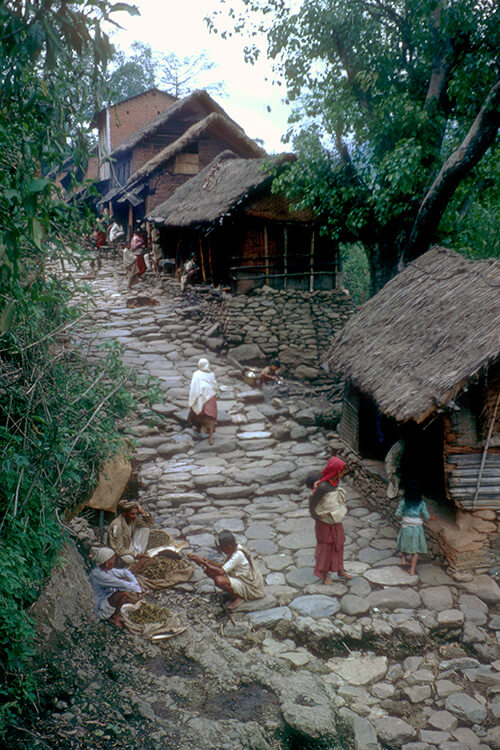Visualising and Scene Writing
This week I've been working on my novel, Shallow Crossing, revising the first section, yet again. It's a process I've been going through for quite a while now but I'm confident that I'm on the home stretch and the manuscript will be completed within the next few weeks. Yesterday I sat down to write a new scene, something I haven't had to do for quite some time. It's an important scene that introduces a number of key characters so I wanted to get it right. But where to start?Lost for words, literally, I turned to some notes I'd found on the net, How to Write a Scene.johnaugust.com/archives/2007/write-sceneAlthough it was written for screenwriters, the steps it suggested seemed to make sense so I proceeded to make rough notes on the purpose of the scene, who was in it, where it would be set, what surprises it could hold, and so on until I got to the bit that said "Run the scene like a movie in your head". A great idea and one I've instructed students to do many times before.So, I sit at the desk, feet firmly planted, close my eyes and take a few deep breaths and wait. Nothing happens. Not one single image pops into my head. All I can see inside my eyelids is the yellow glow of the afternoon reflected from the computer screen. Just give it time, I tell myself, and I do. But still nothing happens. Beginning to despair, I decide to look up some notes on visualisation. I've always thought and sensed a story rather than formed perfect pictures in my head, something which has always bothered me, so a little research won't go astray. Under the 'visualisation' heading I find information on achieving your goals, interesting but not exactly what I'm looking for. I type in "visualisation for writers". Bingo. A list of sites to search through. Quite a few useful ideas - check some out here:hollylisle.com/fm/Workshops/visualization.htmlwww.writersstore.com/article.php?articles_id=42www.wilywalnut.com/Visualize-how-to-improve-your-visualization-skills.htmlThe main idea is that your brain needs to be working on theta brainwaves rather than alpha or beta, to really be able to visualise successfully. I make a resolution to get back into meditating, close the tabs and my eyes again to give it another shot. No luck. Nothing comes. I return to my notes and decide to skip Step 8 and go straight to Step 9, making a rough outline of the scene. This helps. Ideas start to flow and the scene starts to take shape. Until time runs out and life calls me out of the study and back to the real world.Then this morning I lie in bed in that strange state of half sleep that you're floating in when you know you should get up and face the day but resist: the state where theta brain waves are at their strongest. I think of the scene and let myself slip into it. The characters start to speak. I hear their voices, see what they're wearing, smell the food they're eating and drift in and out of their space, one minute joining in their conversation, the next watching over their shoulders, an unseen observer. When I finally force my eyes open and drag myself upright, the images stay with me and form themselves into words as I sit down later at the computer. It's far from perfect of course but it's a start.It got me thinking about the whole visualisation thing, how as writers we need to have the picture fully formed in our heads if we have any hope of transferring a similar picture into the minds of our readers. Apart from visualisation surrounding ourselves in external images can help - studying photos, artefacts, maps, anything that's related to the story we're writing. I've done this quite a bit in the writing of my novel - pored over photo albums and souvenirs from my time in Nepal, studied images in books and on the net. It's a great way to get yourself into a place and into a story.Here are a few images I found today which took me back to Phewa Lake and Pokhara:



How do you go about picturing scenes and stepping into the pages of your manuscript?

